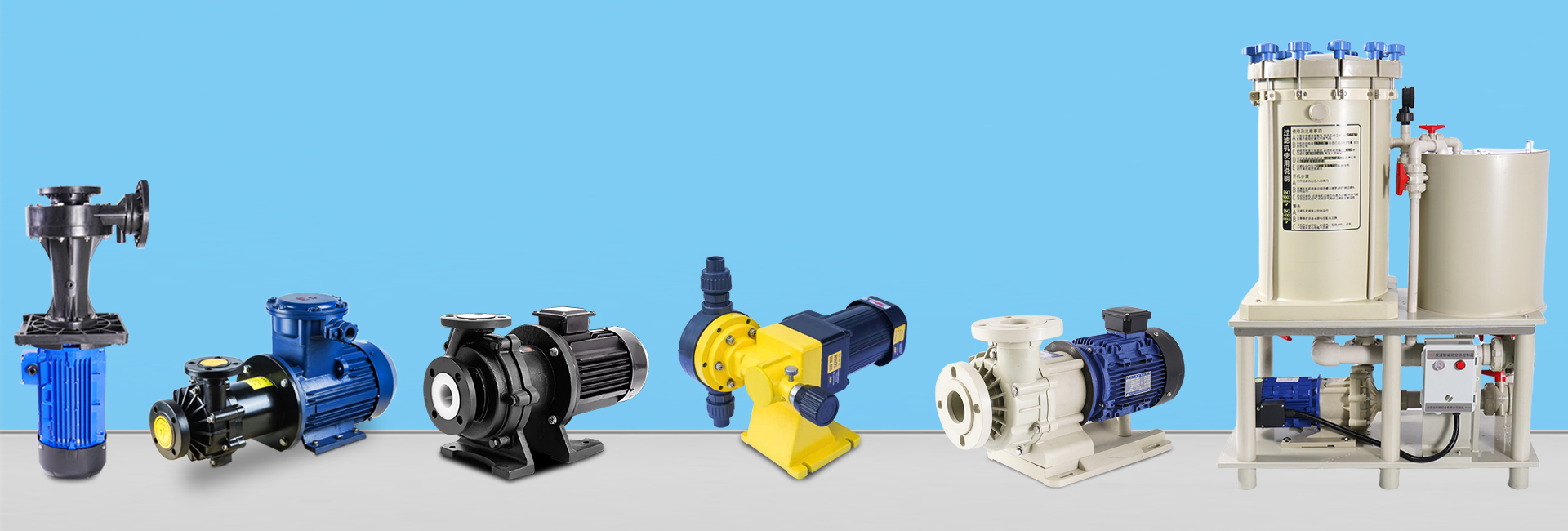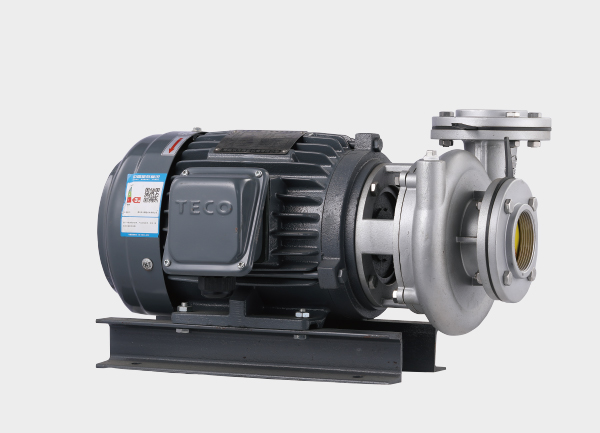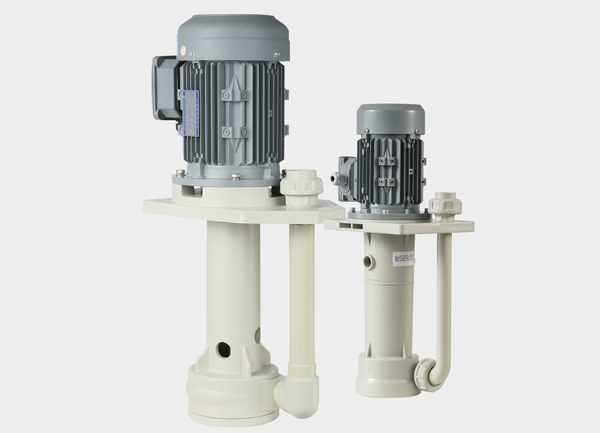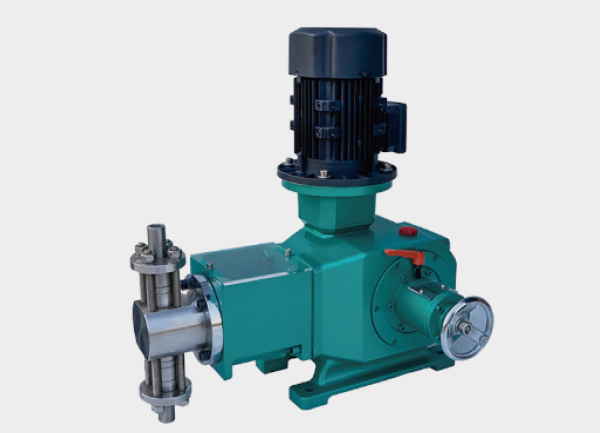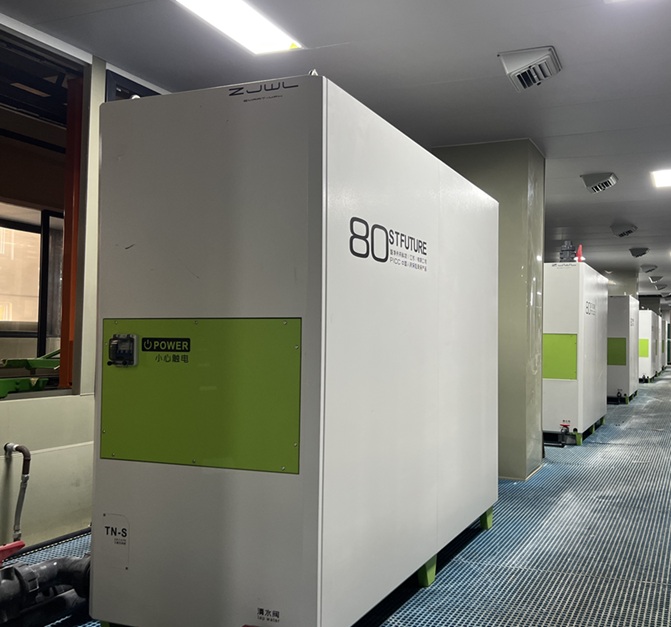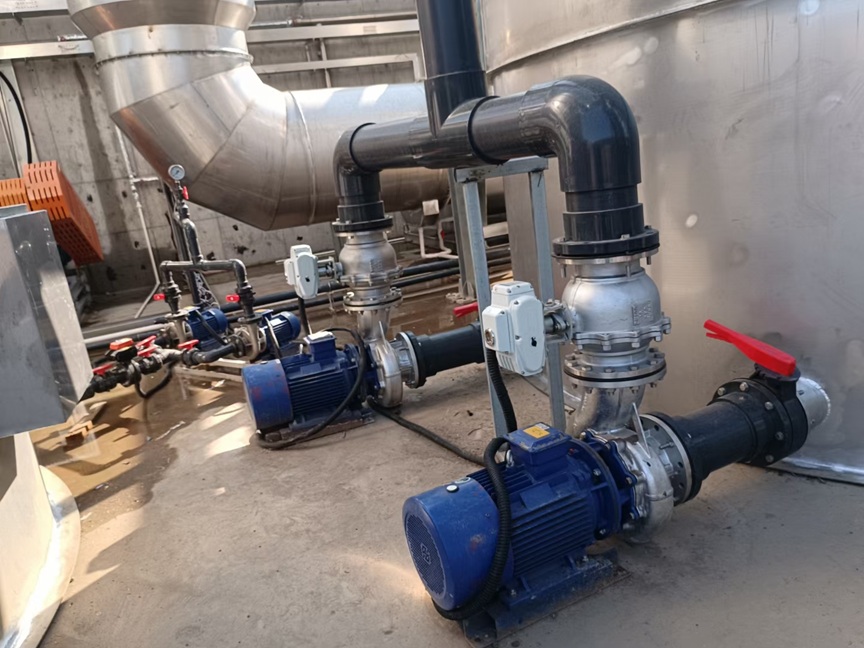Diaphragm pumps, known for their leak-free operation and ability to handle corrosive or impurity-laden fluids, are widely used across chemical, water treatment, food, pharmaceutical, mining, and coating industries. Below is a detailed industry-based overview of their key application scenarios.
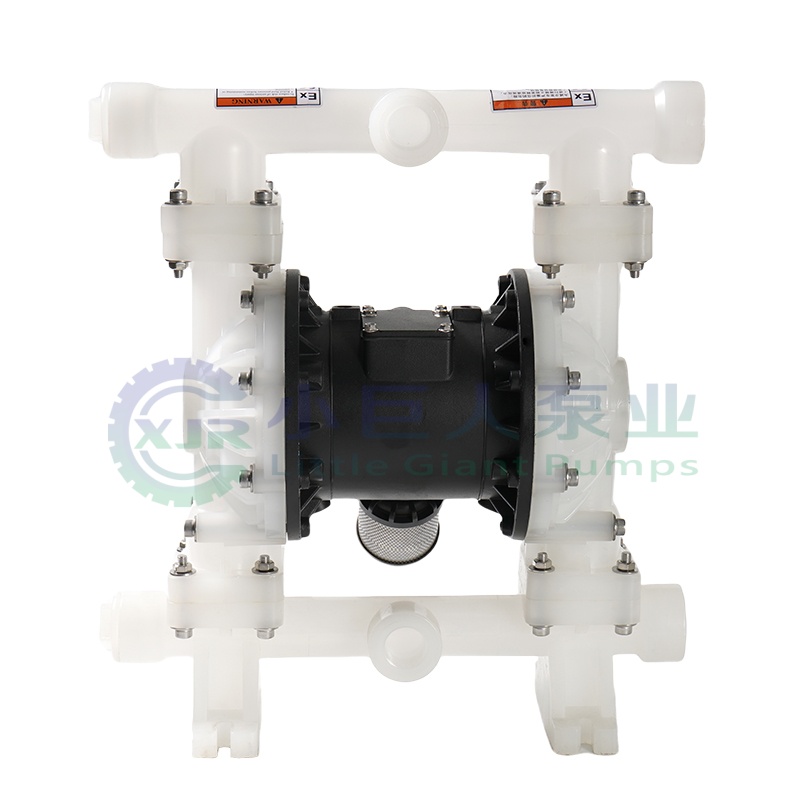
1. Chemical and Petrochemical Industry — Solving “Corrosion” and “Leakage” Challenges
The chemical sector is the primary application field for diaphragm pumps due to their superior resistance to corrosion and leakage.
Corrosive Fluid Transfer: Diaphragm pumps can safely handle acids and alkalis (such as sulfuric acid, sodium hydroxide) and organic solvents (such as methanol, ethanol). Wetted parts can be made of PTFE (Teflon) or stainless steel to resist chemical attack.
Toxic and Volatile Media Handling: For hazardous or flammable chemicals (e.g., benzene, vinyl chloride), the seal-less design of diaphragm pumps eliminates leakage risks, ensuring workplace safety.
Viscous or Particle-Laden Fluids: Suitable for transferring coatings, adhesives, and catalyst suspensions — all without clogging, making them ideal for complex chemical processes.
2. Water Treatment Industry — Handling “Impurities” and “Chemical Dosing”
In both municipal and industrial wastewater treatment, diaphragm pumps excel at managing high-solid and chemical dosing operations.
Municipal Sewage Treatment: Used to pump sludge, grit, and other solid-rich fluids, as well as for dosing coagulants and disinfectants (such as PAC, sodium hypochlorite), without risk of clogging.
Industrial Wastewater Treatment: For processes like electroplating or dyeing wastewater treatment, diaphragm pumps transport fluids containing heavy metals or concentrated pollutants, and dose neutralizing agents (e.g., lime slurry) with excellent corrosion resistance and long service life.
3. Food and Beverage Industry — Meeting “Hygienic” Standards
In the food sector, sanitary diaphragm pumps (featuring 316L stainless steel and food-grade elastomers) are essential to maintain hygiene and product quality.
Liquid Food Transfer: Ideal for pumping juices, milk, soy sauce, and vinegar. Their smooth, crevice-free interior ensures easy cleaning and compliance with FDA hygiene standards.
High-Viscosity Material Handling: Suitable for thick materials like tomato paste, jam, and chocolate syrup. They maintain steady flow without damaging product texture — perfect for filling and mixing applications.
4. Pharmaceutical Industry — Combining “Hygiene” with “Precision”
The pharmaceutical industry demands both purity and accurate dosing, and diaphragm pumps meet GMP (Good Manufacturing Practice) requirements.
Drug and Intermediate Transfer: Used for transporting liquids such as vaccines, extracts, and active ingredients. Non-reactive and non-leaching pump materials preserve product purity.
Chemical Metering and Dosing: Ideal for precise addition of additives like buffers and stabilizers. Metering diaphragm pumps offer high dosing accuracy for controlled pharmaceutical synthesis.
5. Mining and Mineral Processing — Handling “Abrasion” and “Solid-Liquid Mixtures”
Mining operations involve abrasive slurries and harsh conditions, where diaphragm pumps demonstrate durability and reliability.
Slurry and Tailings Transport: Capable of pumping mineral slurries (copper, iron, etc.) and tailings. Wetted parts made from wear-resistant rubber or ceramics minimize abrasion and extend pump life.
Washing and Auxiliary Operations: Used for high-pressure water cleaning or reagent dosing (e.g., collectors, frothers) in flotation processes under tough mining environments.
6. Coating and Ink Industry — Managing “High Viscosity” and “Pigment Sedimentation”
Paints and inks are viscous and contain solid pigments — a challenge easily met by diaphragm pumps.
Paint and Ink Transfer: Suitable for both water-based and solvent-based products, preventing pigment settlement and ensuring consistent delivery for spraying or printing lines.
Pigment Paste and Additive Dosing: Accurately adds colorants, curing agents, and other additives during formulation, ensuring uniform quality and performance.
Conclusion
Diaphragm pumps stand out in industrial fluid handling for their safety, reliability, and versatility. Their ability to manage corrosive, viscous, or particle-filled media without leakage makes them indispensable across chemical, environmental, and hygienic industries — a key choice for modern production processes.

